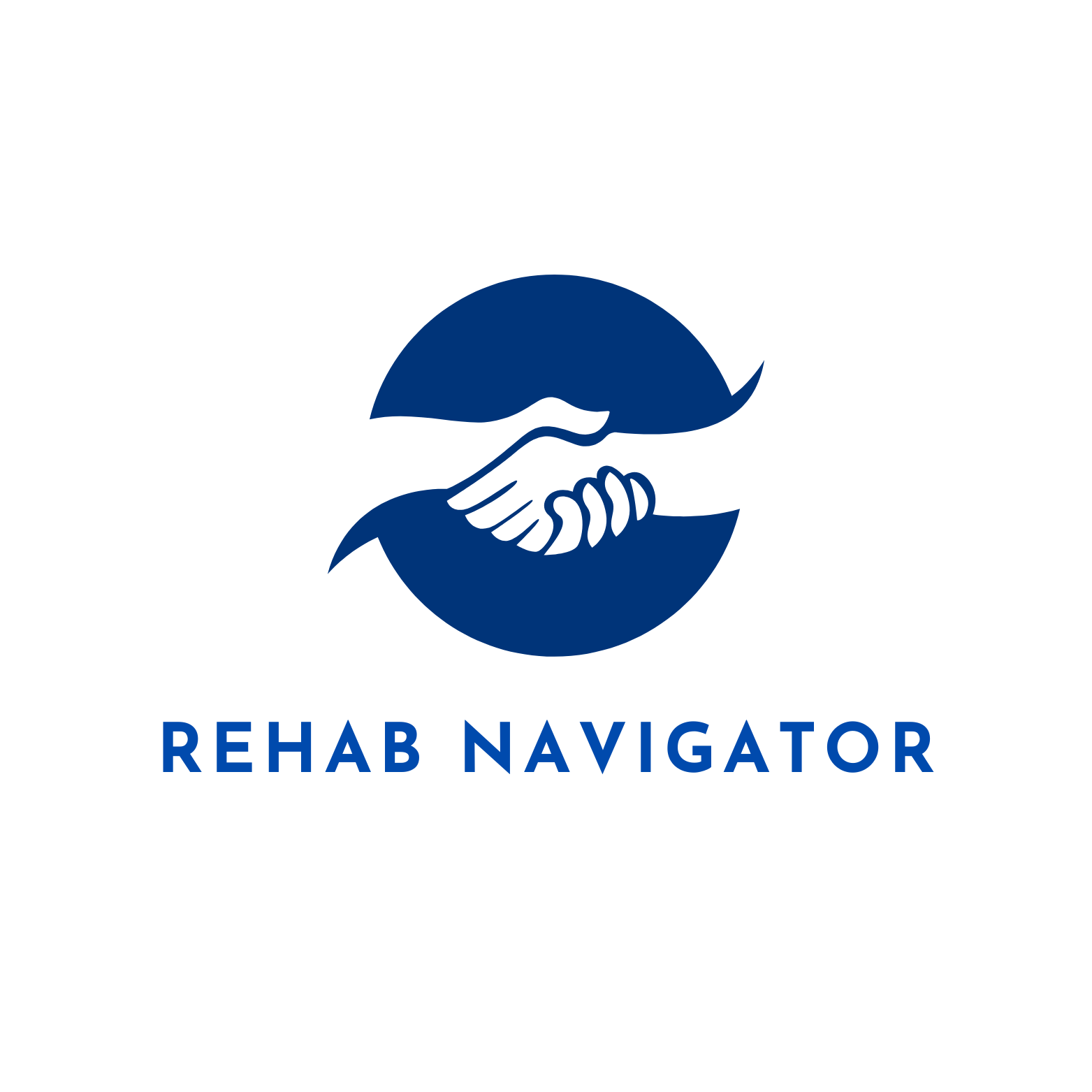Family and Addiction: Losing Your Family Due to Addiction
- Yasmin Maghsoudloo
- Feb 1
- 4 min read

Family and Addiction:
Losing Your Family Due to Addiction
Addiction is a powerful force that can break down even the strongest of bonds, including the most important ones—our family ties. The disease of addiction doesn’t only affect the individual struggling with substance abuse, but it impacts everyone around them, often leading to emotional, financial, and relational devastation. Losing your family due to addiction is a painful and heartbreaking consequence that many people face, and understanding how this happens is crucial for healing and recovery.
The Impact of Addiction on Family Dynamics
Addiction is a progressive disease that can change a person’s behavior, personality, and priorities. As substance use becomes the center of an individual's life, everything else—work, responsibilities, and even relationships—starts to take a backseat. This shift often causes family members to feel neglected, betrayed, or hurt by the actions of their loved one.
In many cases, family members may feel the need to take on the role of the caregiver or enabler, trying to manage the chaos caused by the addiction. Over time, this can lead to feelings of resentment, exhaustion, and helplessness, as they watch their loved one spiral deeper into substance abuse despite their best efforts to help. This emotional toll can fracture family relationships, sometimes beyond repair.
The Erosion of Trust
One of the first casualties of addiction within a family is trust. Lies, manipulation, and broken promises become common as the person battling addiction tries to hide the extent of their substance use. Loved ones may discover missing money, dishonesty about whereabouts, or broken commitments to seek help. These behaviors erode the trust that is foundational to any relationship, leaving family members feeling deceived and isolated.
For spouses, this breakdown in trust can be particularly devastating. The emotional intimacy that is vital to a strong marriage can dissolve under the weight of addiction-related secrets and betrayals. Children, too, can suffer as they lose faith in a parent who was once their role model and protector.
The Emotional Strain
Addiction doesn’t just damage trust; it creates an overwhelming emotional strain. Family members often experience a wide range of emotions, from fear and anxiety to anger, shame, and guilt. The emotional rollercoaster of watching someone they love struggle with addiction can be exhausting and emotionally draining.
Children are especially vulnerable to the emotional impact of addiction. They may feel confused or abandoned, internalizing the chaos in the home as their fault. This can lead to long-term emotional and psychological consequences, including anxiety, depression, and difficulties forming healthy relationships later in life.
Financial Consequences
Addiction can also place a significant financial burden on families. The cost of maintaining a substance use habit, coupled with potential job loss or legal issues, can quickly deplete family resources. Families may struggle with paying bills, supporting their children, or even keeping a roof over their heads as money that should be used for essentials goes toward funding the addiction.
This financial strain often creates further tension in family relationships, as members may feel the pressure of supporting a loved one’s habit while struggling to meet their own needs. Over time, this can deepen feelings of resentment and frustration.
When Boundaries Are Crossed
In an attempt to help a loved one suffering from addiction, family members often cross boundaries that can blur the lines between support and enabling. They may cover for the addicted individual’s mistakes, give money, or make excuses for their behavior to protect them from facing the full consequences of their addiction. However, this well-meaning support can backfire, allowing the addiction to continue unchecked and putting even more strain on family relationships.
Eventually, family members may realize that they can no longer sacrifice their own well-being for the sake of their loved one’s addiction. This realization often leads to a difficult decision: setting firm boundaries, which may include distancing themselves or even ending the relationship to protect their own mental, emotional, and financial health.
The Pain of Losing a Family Due to Addiction
The end result of addiction's corrosive impact on a family can be the painful loss of those relationships. Divorce, estrangement, and separation are common as the emotional, financial, and relational toll becomes too great to bear. For some, the loss of family support can be a wake-up call that motivates them to seek help. For others, it may deepen their addiction as they turn to substances to cope with the guilt, shame, and isolation of losing their family.
The pain of losing your family due to addiction is profound. Family is often our greatest source of love, support, and stability, and losing those connections can leave a person feeling adrift and alone. However, this loss does not have to be permanent.
Recovery and Rebuilding Relationships
While addiction can break families apart, it is possible to heal and rebuild relationships. Recovery is a long and challenging journey, but with the right support, it is possible to regain the trust and love that addiction has damaged. Seeking professional treatment, attending family therapy, and being accountable for past actions are crucial steps in this process.
For families, healing may involve setting new boundaries, learning how to support their loved one without enabling their addiction, and seeking therapy to process the emotional trauma they have endured. Over time, with consistent effort and open communication, many families find that they can rebuild a stronger, healthier foundation based on trust, respect, and mutual support.
Conclusion
Losing your family due to addiction is one of the most painful consequences of substance abuse. The damage done to relationships, trust, and emotional well-being can feel insurmountable. However, it’s important to remember that recovery is possible, and with it comes the potential for healing and reconnection. Families can find their way back to one another, but it requires commitment, patience, and a shared desire for change.
If you or a loved one is struggling with addiction, seeking professional help is the first step in preventing the loss of your family and starting the journey toward healing and recovery.




Comments